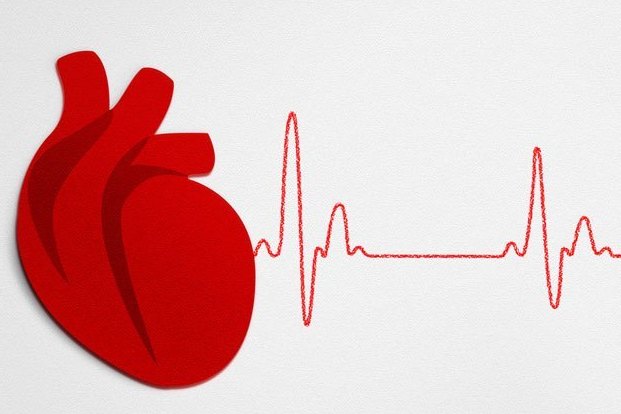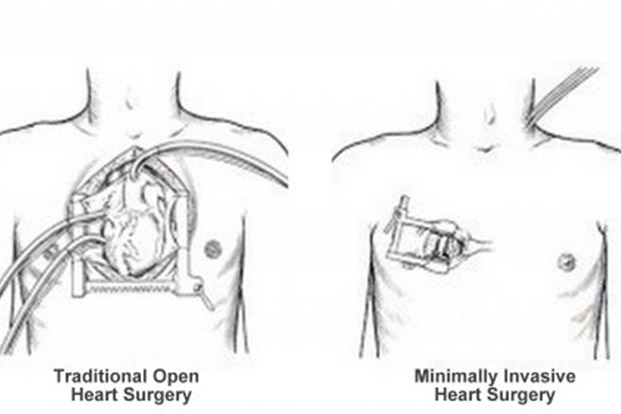Categories
- Bariatric Surgery (11)
- Black Fungus (5)
- Bone Marrow transplant (3)
- Brain Tumor Surgery Navigation Technology (20)
- Cardiac Surgery (66)
- Cardiology (97)
- Computer navigation technology for joint replacements (20)
- Covid Vaccination (17)
- Critical Care (2)
- Dental (19)
- Dermatology (31)
- Dialysis Support Group - “UTSAAH” (11)
- Dietitian (33)
- Emergency Medicine (4)
- Emotional Health (11)
- Endocrinology (33)
- ENT (20)
- Gastroenterology and GI Surgery (53)
- General and Laparoscopic Surgery (21)
- General Surgery (4)
- Gynecology & Obstetrics (183)
- Hematology (20)
- Internal Medicine (294)
- Kidney Transplant (50)
- Kidney Transplantation (20)
- Lung Cancer (8)
- Minimal Invasive Surgery (1)
- Mother & Child (20)
- mucormycosis (5)
- Nephrology (61)
- Neurology (147)
- Neurosurgery (68)
- Nutrition and Dietetics (107)
- Omicron Variant (1)
- Oncology (288)
- Ophthalmology (10)
- Orthopaedics & Joint Replacement (86)
- Paediatrics (59)
- Pediatric Nephrology (3)
- Physiotherapy (5)
- Plastic & Reconstructive Surgery (6)
- Psychiatry and Psychology (90)
- Psychologist (28)
- Pulmonology (72)
- Rheumatology (13)
- Spine Services (21)
- Transradial Angioplasty (16)
- Urology (84)
Query Form
Posted on Apr 19, 2022
What are the Symptoms of Aortic Valve Insufficiency?
Categorized as a form of valvular heart disease, Aortic Valve Insufficiency occurs as a result of leakage in the aortic valve which causes blood to flow backward. Owing to heart inefficiency in pumping out blood, various health conditions get triggered.
Symptoms of Aortic Valve Insufficiency
There are myriad observable symptoms that indicate to Aortic Valve Insufficiency. More often than not, the symptoms do not show up for years. The symptoms are more noticeable as the damage progresses.
The common symptoms of Aortic Valve Inefficiency are elaborated as below:
- Tightness in the chest
- Heart Palpitations
- Shortness of breath
- Swollen ankles and feet
- Difficulty breathing when lying down
- Fainting
- Weakness
- Chest Pain

Explanation
For every three aortic valve insufficiency patients, one experience chest pain and tightness in the chest as the very first symptom. Any exertion cause is shall result in pressure or a sharp pain below the breast bone. The pain is a result of insufficient flow of blood to the heart muscles on account of narrowed coronary arteries. The condition is relaxed with rest.
Shortness of breath is yet another common symptom which is caused due to a reduction in the amount of oxygen supplied to the body.
In the long term, the heart muscles enlarge and work harder to pump out the extra blood accumulated in the valves which lead to disrupted heart rhythms.
Swelling in the ankles and legs is justified due to insufficient flow of blood in various other parts of the body, which results in fluid build-up in the feet, ankle, and abdomen.
Diagnosis
Reporting the health condition and symptoms is the first step towards the diagnosis which is followed by a physical examination. Disclosure of your medical history, health conditions and previous/present list of medications are recommended. The diagnosis for aortic valve insufficiency includes the following tests:
- Electrocardiogram (ECG)
- Chest X-ray
- Echocardiogram
- Angiogram
- Heart MRI
- Stress Test
The procedure and cost of the treatment depend on the severity of the disease. Please report to our doctor without delay if you notice any such symptoms.



